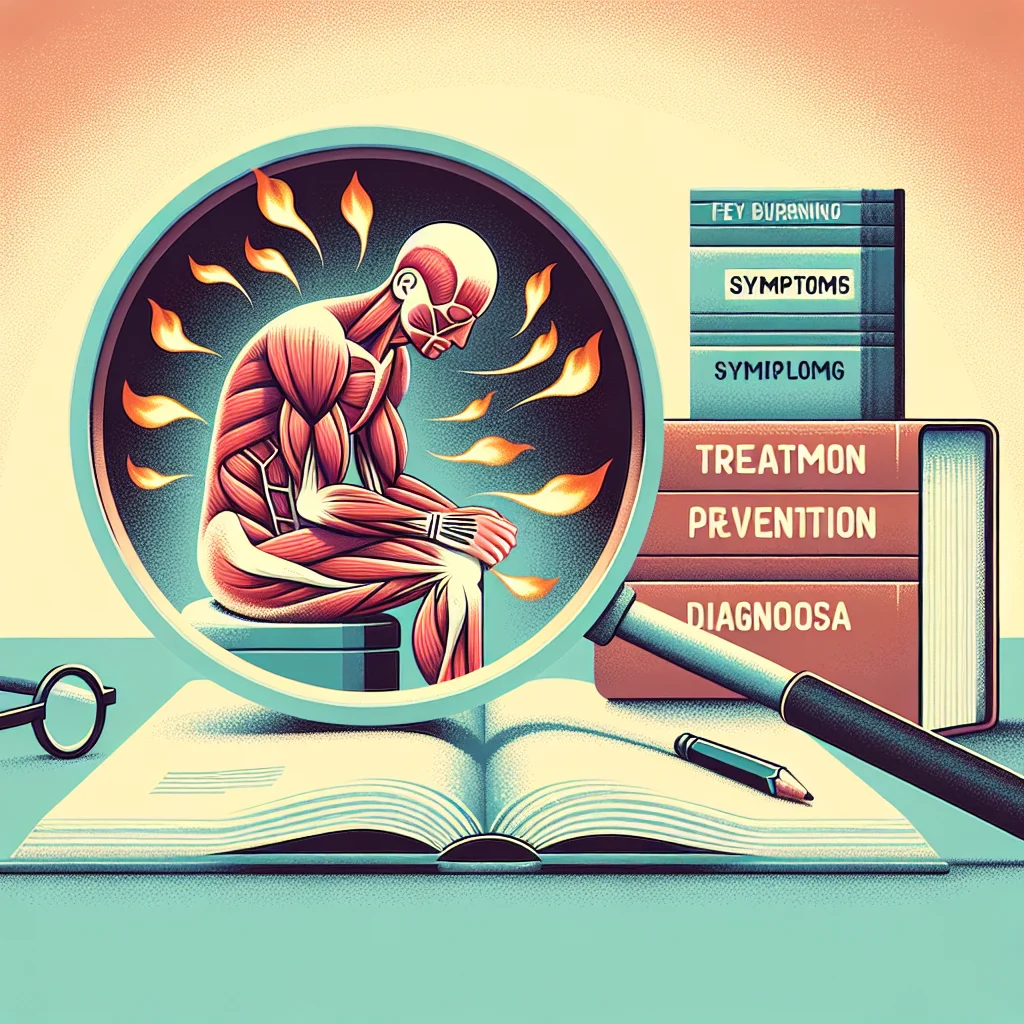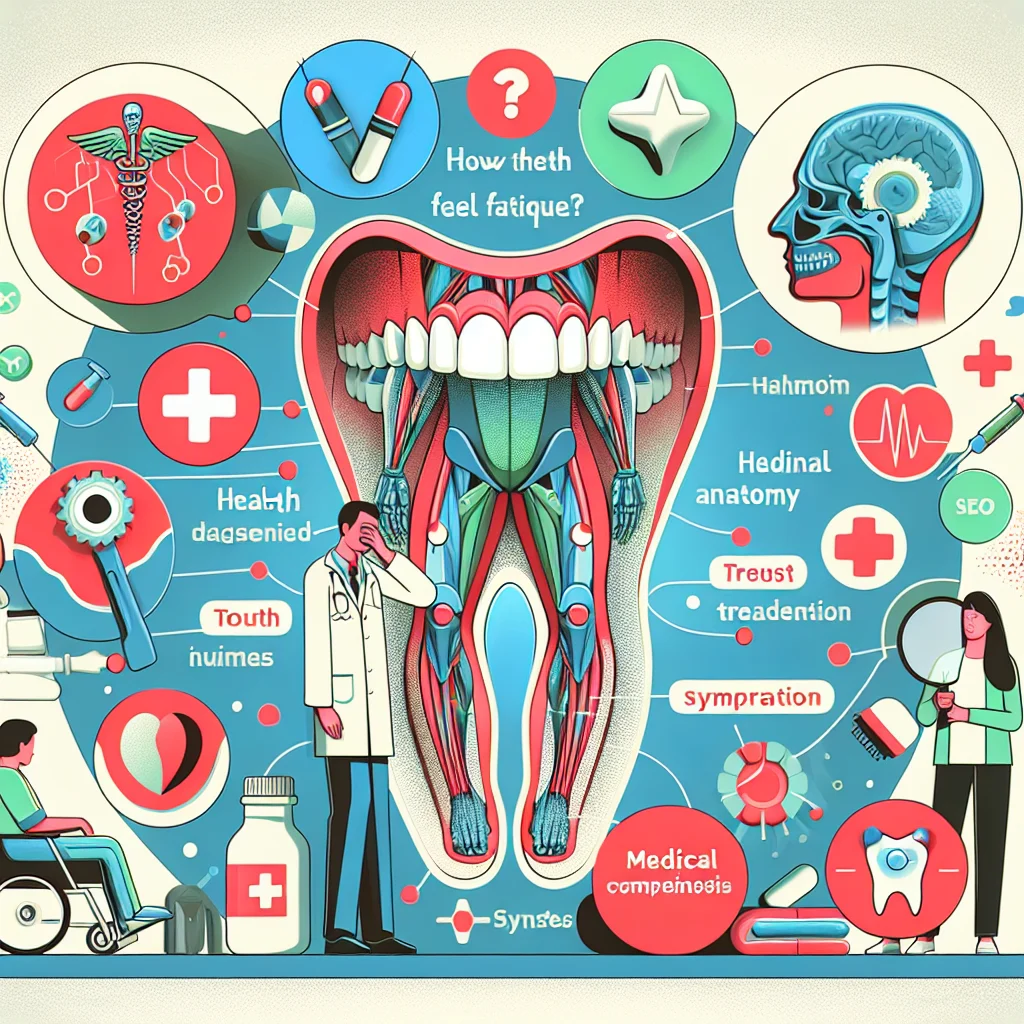
Possible Causes and Medical Insights
Arm inflammation can be concerning, but understanding the root causes can help you make informed decisions about your health. Common causes include repetitive strain injuries, infections, autoimmune disorders, or even allergic reactions. Sometimes, inflammation in the arms is a response to overuse during exercise or manual labor, while in other cases, it may signal an underlying medical issue that needs attention. Recognizing these potential sources is the first step toward effective management and peace of mind.
Medical insight suggests that inflammation is often the body’s way of protecting itself from harm, signaling that something requires your attention. However, persistent or severe inflammation should not be ignored. Conditions such as rheumatoid arthritis, bursitis, or nerve compression can all present with arm inflammation, and early diagnosis is key to successful treatment. By understanding these possibilities, you can better gauge when to seek professional advice and when simple rest might suffice.
Symptoms and Risk Factors
When considering the question, "When should I worry about my arms feeling inflammation?", it’s important to pay attention to specific symptoms. These may include swelling, redness, warmth, limited range of motion, persistent pain, or numbness. If these symptoms are severe, worsening, or accompanied by fever or unexplained weight loss, they may indicate a more serious condition and warrant medical evaluation.
Risk factors that increase the likelihood of arm inflammation include repetitive motions, previous injuries, chronic illnesses such as diabetes or autoimmune disorders, and certain lifestyle habits like smoking. People who engage in high-impact sports, manual labor, or activities involving frequent arm use are also at increased risk. Understanding your individual risk profile can help you take proactive steps to prevent inflammation and address issues promptly if they arise.
Diagnosis and When to See a Doctor
Determining when to seek medical advice is crucial if you’re experiencing arm inflammation. If the inflammation comes on suddenly, is severe, or is associated with other concerning symptoms like chest pain, difficulty breathing, or loss of function, seek immediate medical help. For ongoing, mild inflammation that does not improve with self-care, scheduling an appointment with your healthcare provider is recommended for a thorough diagnosis.
Doctors typically use a combination of physical examination, medical history, and imaging tests such as X-rays or MRIs to identify the underlying cause of arm inflammation. Blood tests may also be ordered to check for signs of infection or autoimmune disease. Early diagnosis can help prevent complications and lead to more effective treatment, so don’t hesitate to reach out to a medical professional if you have concerns about your symptoms.
Prevention and Home Remedies
Preventing arm inflammation starts with adopting healthy habits and being mindful of your body’s limits. Regularly stretching and strengthening your arms, taking breaks from repetitive activities, and maintaining proper ergonomics at work can significantly reduce your risk. Staying hydrated, eating a balanced diet, and managing chronic health conditions also play a vital role in keeping inflammation at bay.
For mild inflammation, home remedies such as rest, ice packs, compression, and elevation (the RICE method) can be effective. Over-the-counter anti-inflammatory medications may also provide relief. However, if symptoms persist or worsen, it’s important to see a healthcare provider for further evaluation. Remember, early intervention can prevent minor issues from becoming major health concerns, empowering you to take charge of your well-being.














